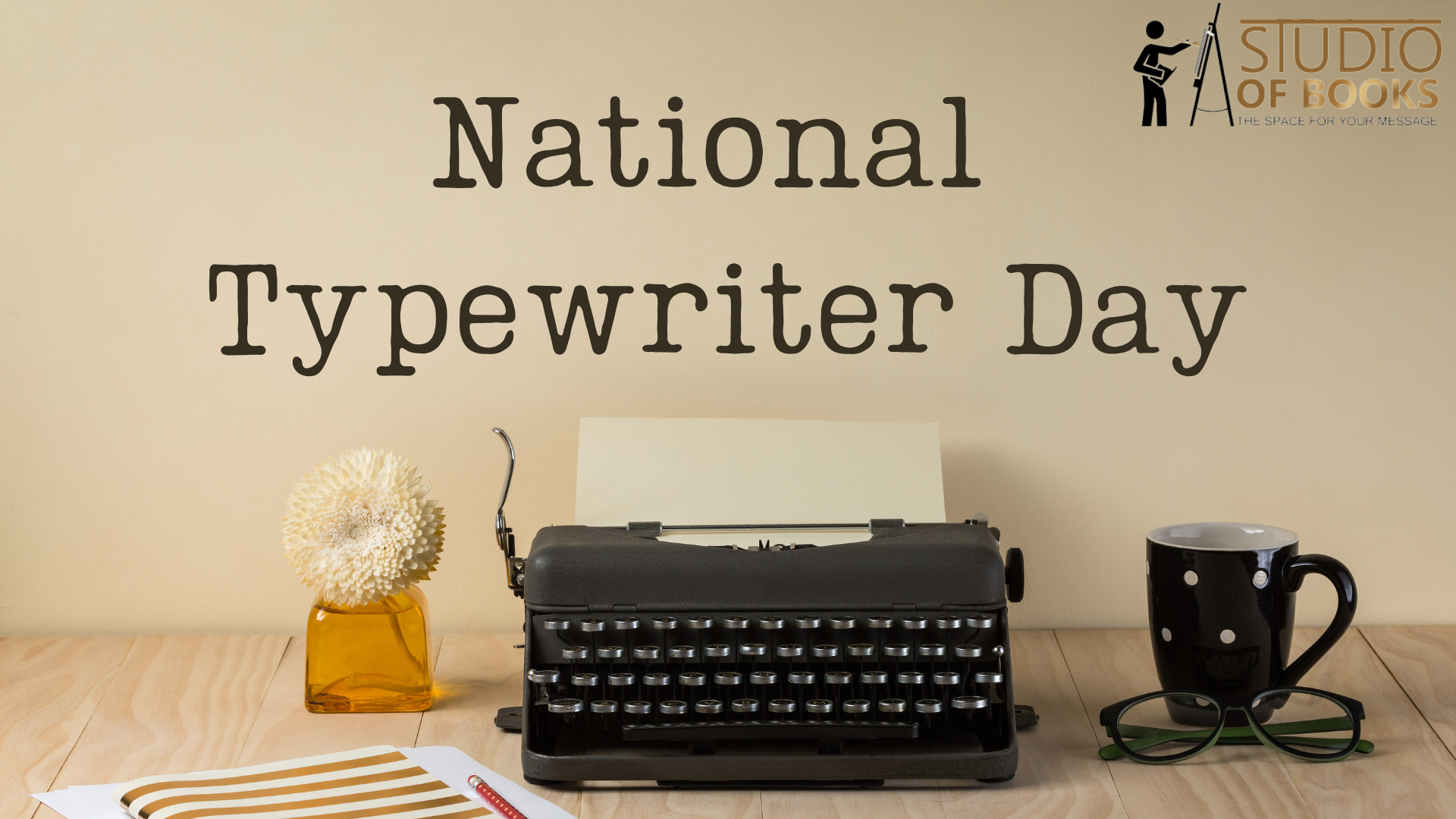The rhythmic percussion of typewriter keys, that characteristic clack-clack-ding that used to fill newsrooms and writers’ studies all over the world, has a profoundly moving quality. We honor not just a device on National Typewriter Day, but a revolution in human communication that teaches us a vital lesson about the art of writing: the power of dedicated, purposeful words.
Christopher Latham Sholes not only mechanized writing but also established a discipline when he was granted the patent for the first commercially successful typewriter on this day in 1868. Every word was carefully chosen, every keystroke was purposeful. Autocorrect was absent, and there was no digital backspace to buffer rushed thoughts. Writers had to think before they typed, and that constraint bred a particular kind of precision that we’ve largely lost in our age of endless editing.
What made typewriter writing unique wasn’t just its permanence but its physicality and presence. Each letter required a deliberate press, and writing became a full-body experience where you could feel the story emerging through your fingertips. This tactile connection created something we’ve largely lost in digital writing: complete engagement with our work. There were no browser tabs to distract, no notifications to interrupt—the machine demanded full attention and offered a pure channel between mind and page.
Surprisingly, modern writers are resurrecting typewriters because they find that the freedom from constant editing allows them to write with greater boldness. When they are unable to revise incessantly, award-winning authors turn back to typewriters for their first drafts because they feel more confident and authentic. Compared to digital alternatives, students find that typing their notes improves their ability to concentrate and retain information.
The ability of the typewriter to help writers better connect with their own ideas and words was its greatest gift, not its mechanical accuracy. As we commemorate National Typewriter Day, we are reminded that the most significant aspect of writing is not the instrument but rather the consideration we put into it. The basic difficulty is the same whether typing on modern keyboards or vintage keys: figuring out what to say with the right words.

